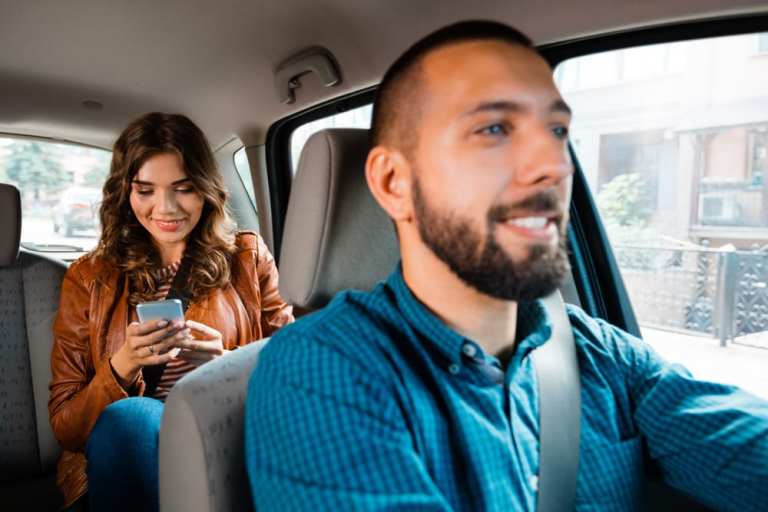Uber, Postmates Sue CA Over Labor Rights Law

Uber and Postmates have filed a lawsuit against the state of California to try and block a new law that will change how they must classify their employees.
AB 5 — which goes into law this week — will limit the classification of workers as independent contractors, thereby entitling them to more benefits from the companies. AB 5 states that employees can only be considered contractors if they perform duties outside a company’s usual business course. Legal experts say it would make it much harder for businesses like Uber to deny benefits, such as mileage reimbursement, that would normally be available to regular employees.
In the complaint, Uber and Postmates made a preemptive strike against the law, saying that the law “unfairly targets” businesses like theirs while favoring other business models. The complaint added that there’s “no rhyme or reason” to the exemptions for people like direct salespeople, travel agents, grant writers, construction truck drivers and commercial fishermen from the law, while Uber drivers and Postmates workers would fall under the law’s umbrella.
The law’s impact has sparked a broad conversation about the rights of Uber drivers and others who derive their income from apps made in Silicon Valley — who, up until recently in California, worked as independent contractors only, with no benefits.
However, there have also been other ripple effects. Two organizations representing freelance journalists filed a lawsuit, saying AB 5 restricts free speech by effectively limiting the number of articles a contract journalist can write for the same publication. The trucking industry also said that the law would make it impractical, if not impossible, to use contractors across state lines.
Uber and Postmates noted that one sponsor of the bill, San Diego Democrat Lorena Gonzalez, has spoken forcefully against companies like these. Gonzalez publicly said that Uber “would do anything” to avoid abiding by regulations that “make us all safer,” and contrasted Uber executives who are billionaires with drivers sleeping in their cars.
A California law professor, Charlotte Garden, said that the lawsuit is probably dead in the water, as the court realizes that it will have to tackle cases piece by piece, rather than strike down a law because of companies’ grievances. However, Uber and other similar companies, like DoorDash and Lyft, will be spending a combined $90 million on an ad campaigns, asking voters to overturn the law next year.